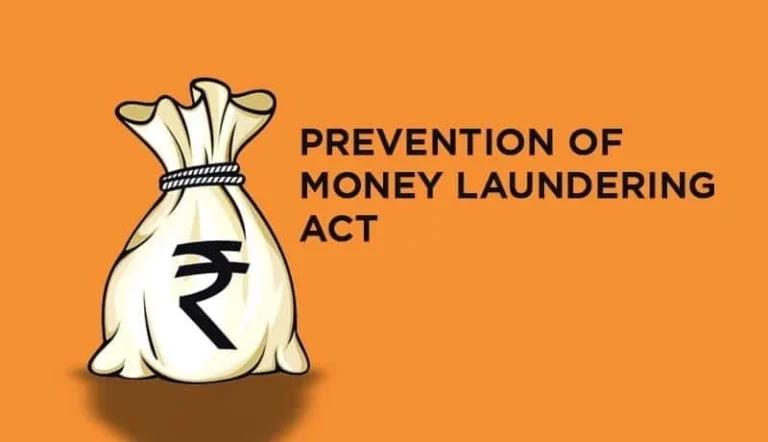On a slightly humid Wednesday morning in the Madras High Court, a packed courtroom watched a two-judge bench Justice S. M. Subramaniam and Justice Mohammed Shaffiq deliver a much-anticipated ruling in the Rahul Surana v. Assistant Director, Enforcement Directorate case. The courtroom atmosphere had a typical Chennai buzz, a quiet sense of “let’s see what happens now” lingering around.
The bench dismissed Rahul Surana’s criminal revision, closing the door on his challenge to the order taking the second supplementary prosecution complaint on file in the ₹1,301-crore Surana Industries money-laundering case.
Background
The Enforcement Directorate had filed its main PMLA prosecution in 2022, accusing Surana Industries of running a complex fraud involving shell entities, fake transactions, and diversion of bank loans. Two supplementary complaints followed one in 2024 and the second in November 2024.
Surana wasn't named initially. His name surfaced only in the second supplementary complaint, leading him to argue that the Special Court mechanically issued process without giving him the mandatory pre-cognizance hearing under Section 223(1) of the new BNSS.
His counsel argued passionately that the ED used old, already-available material statements from 2021, property attachments from 2023, and documents gathered years ago.
“How can this be called further investigation?” counsel asked at one point, drawing nods from a few in the audience.
Court’s Observations
The bench didn’t buy the argument. In fact, it went point-by-point through the law on “cognizance,” a word that often confuses ordinary readers. As the judges explained in simple terms, taking cognizance means the court deciding that the allegations, if true, amount to an offence worth examining. It’s about the offence not each individual accused.
Read also:- AP High Court Quashes Rowdy Sheet Against Eluru Residents, Calls Police Action Mechanical and Without Basis
“The bench observed, ‘Once cognizance is taken for an offence, the law does not require the court to take cognizance again for every new accused added later.’”
The judges even clarified that the Special Court’s order had a small drafting error where it said cognizance taken against accused 28–42. But the High Court said this was only a slip of expression, adding, “Such curable errors cannot derail proceedings.”
A key part of the hearing was the debate on fresh evidence. Surana said everything in the second supplementary complaint was “stale.” The ED countered that the Serious Fraud Investigation Office (SFIO) complaint filed in 2022 brought in an entirely new scheduled offence, including a forensic audit report and new allegations of corporate fraud.
At one point, Justice Shaffiq remarked that money-laundering is a continuing offence, meaning evidence can emerge in layers over time. The judges later echoed this in the order, noting that the SFIO complaint “cannot be brushed aside as old material merely because the underlying transactions occurred earlier.”
Decision
After an hour-long analysis of PMLA procedure, the meaning of “further investigation,” and comparisons with Supreme Court rulings, the court reached a clear conclusion.
“The bench observed, ‘We find no merit in the challenge. The second supplementary prosecution complaint rests on new material and is legally maintainable.’”
With that, the court dismissed Rahul Surana’s revision, allowing the trial before the Special Court to continue without interruption. Justice Subramaniam closed the matter with a brief line that summed up the day:
“The trial Court shall proceed uninfluenced by observations on facts.”
And with that, the hearing concluded no further drama, just a decisive ending to Surana’s challenge.
Case Title:- Rahul Surana v. The Assistant Director, Directorate of Enforcement
Case Number:- Criminal Revision Case (CRL RC) No. 1541 of 2025















